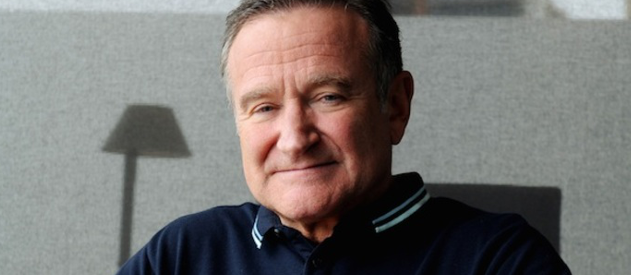The Aug. 12 death of actor and comedian Robin Williams left many around the world in shock. Even more shocking were the details surrounding the circumstances of his death—Williams had committed suicide by hanging himself. It was also later revealed the Williams suffered from depression and was recently diagnosed with early stages of Parkinson’s disease. Known as one of the most beloved actors and comedians across the nation, Williams won the Academy Award for Best Supporting Actor for his performance in “Good Will Hunting.”
Other major roles for the actor include, “Mrs. Doubtfire,” Disney’s “Aladdin,” where he voiced the big, loud, blue genie, and “Good Morning Vietnam.” He also received two Emmy Awards, four Golden Globe Awards, two Screen Actors Guild Awards, and five Grammy Awards through out his career.
President Obama and his family sent out their condolences to the Williams family, saying, “Robin Williams was…one of a kind. He arrived in our lives as an alien – but he ended up touching every element of the human spirit.” Many of his colleagues used social media as their way of paying respect for Williams’ life. The Academy sent out a tweet that read, “Genie, you’re free.” Many were moved by this message.
The University’s own President Stephen J. Freeman wrote a piece titled, “The Pain Behind the Laughter,” on his blog. He reminded readers that depression is “a disease that can be as deadly as cancer and one he [Robin Williams] expertly hid from the world behind his comic genius and memorable characters.”
Williams’ death has also sparked a conversation on the awareness of depression all over the United States and the world. According to the U.S Center for Disease Control, over 40,000 Americans commit suicide each year.
President Freeman also stated that with the beginning of the new semester, he hopes the Williams death can serve as a “cautionary tale” for anyone working in higher education. He reminds everyone that students are constantly pressured and that it is important ensure that students are physically and emotionally healthy. He finished by stating that “We can all contribute to suicide prevention by keeping an eye out for students who are chronically depressed, never happy, and consumed by helplessness. Helping these young men and women get the counseling they need from trained professionals, like those in the Pace Counseling Center, is part of our sacred trust to look out for the welfare of our students. For the New York City campus The Pace Counseling Center is located at, 156 William Street, on the 8th Floor and at the Westchester campus at the Administration Center on the 2nd floor.
Depression is a serious illness that requires medical attention. Williams third and last wife Susan Schneider issued a statement that read “It is our hope in the wake of Robin’s tragic passing, that others will find the strength to seek the care and support they need to treat whatever battles they are facing so they may feel less afraid.”















